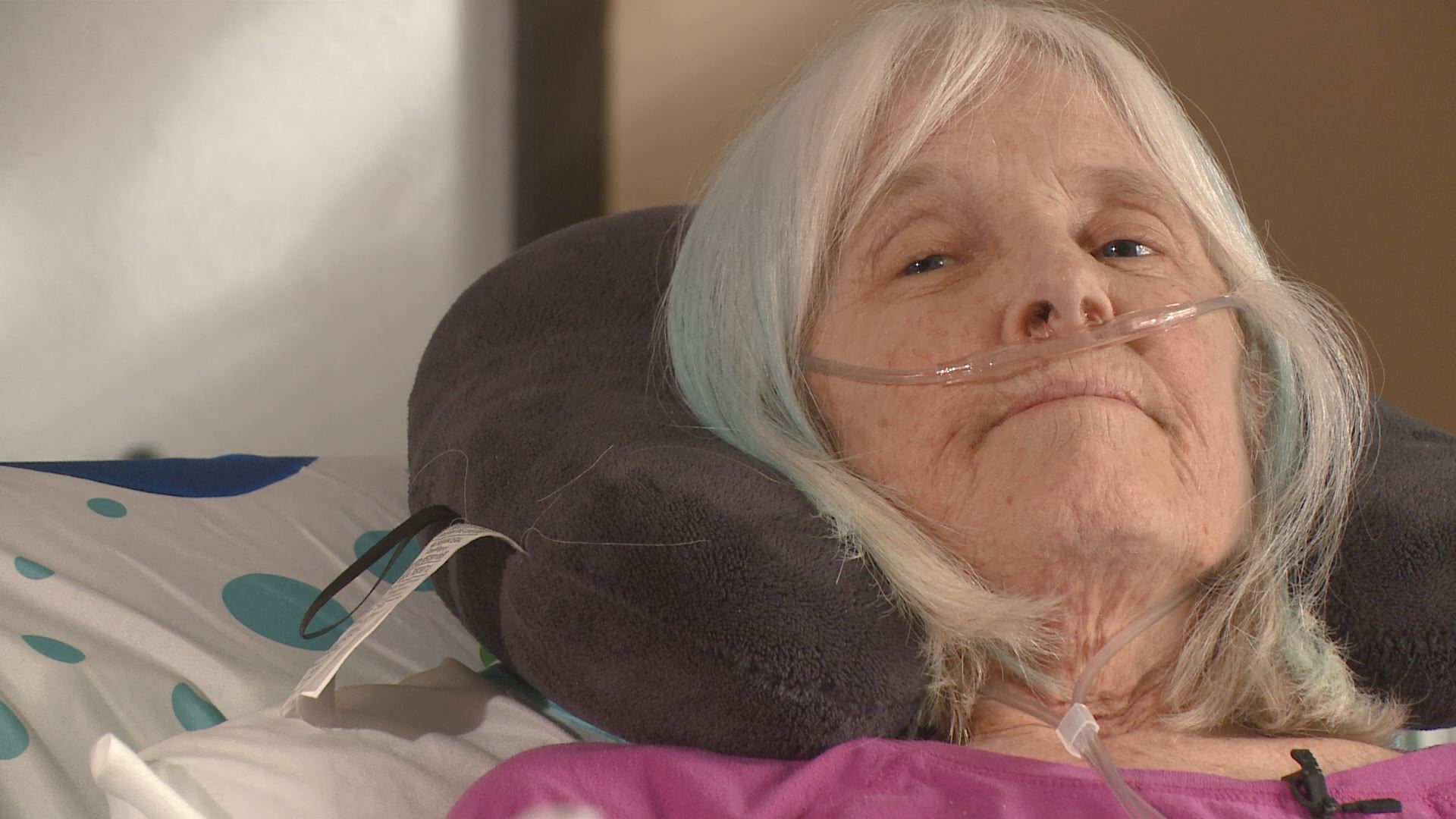Kathy and Herb voted for Proposition 106. (They’ve asked us to withhold their last name because of the controversial nature of the law.)
Colorado's Governor John Hickenlooper signed the physician-assisted suicide measure into law on December 16.
On December 19, Herb started calling doctors for his wife.
“Over the last few years my breathing has gotten continually worse. I was diagnosed with end stage COPD,” Kathy said.
Kathy’s doctors have given her fewer than 6 months to live, which would technically qualify her to ask for medication to end her life.
The law requires two doctors to sign off on two things. First, they must verify that her condition is indeed terminal. Second, they have to verify that her mental state is such that she could make the decision on her own.
“So far no one has actually said no,” Kathy’s husband Herb said. “They just said we don’t know enough about it.”
Herb said many doctors are unsure about the law since it is so new. More than half of doctors said they supported the measure before it went to voters in November. The state’s board of health, this week, unanimously approved new rules for reporting physician-assisted suicide.
All doctors who prescribe the medication are required to report it to the state. All pharmacists who fill the medication are required to report it to the state.
The state will provide the numbers in a public, annual report. However, it may be unclear precisely how many people use the medication as, by law, death certificates are required to list the terminal illness as the cause of death.


